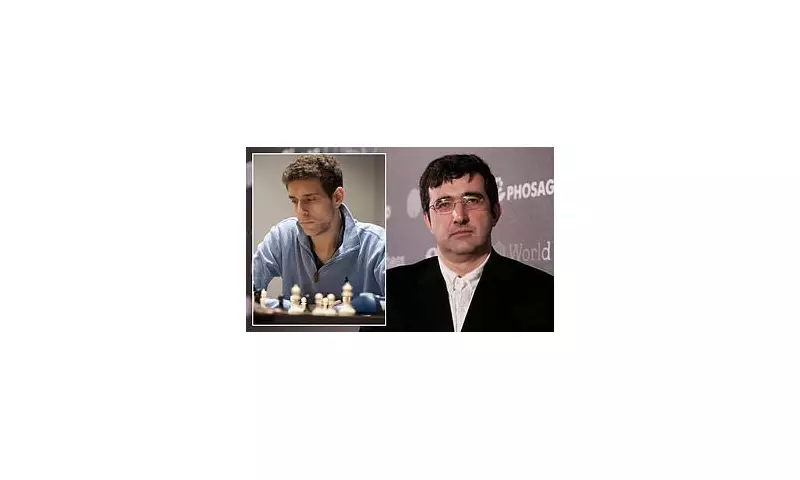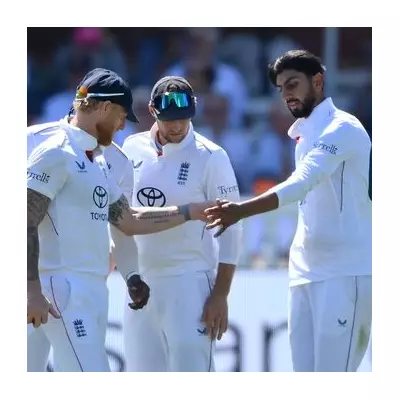
The genteel world of competitive chess has been rocked by a dramatic online confrontation that has escalated into a formal petition calling for the banning of former World Champion Vladimir Kramnik.
The Digital Duel That Shook Chess
What began as a heated exchange between Russian grandmaster Vladimir Kramnik and American streamer Daniel Naroditsky has transformed into a full-blown controversy, with the chess community taking sides in an increasingly bitter dispute.
The conflict reached its boiling point when Kramnik's criticism of Naroditsky's online content and playing style prompted the creation of a formal petition demanding sanctions against the former world champion.
From Board Game to Blame Game
The tension between the two chess personalities has been simmering for weeks, with Kramnik taking issue with what he perceives as problematic aspects of Naroditsky's online presence and approach to the game.
Naroditsky, known for his popular streaming content and educational approach to chess, found himself at the centre of Kramnik's criticisms, leading to a public back-and-forth that has captivated the global chess community.
Petition Power Play
The situation intensified dramatically when supporters of Naroditsky launched a formal petition calling for chess authorities to impose a ban on Kramnik. The petition has been gathering signatures rapidly, highlighting the deep divisions within the chess world over the appropriate boundaries for professional conduct and criticism.
This unprecedented move represents one of the most significant public controversies to hit competitive chess in recent years, pitting established tradition against the new wave of digital chess content creation.
Community Reaction and Fallout
The chess community has responded with passionate arguments on both sides, with some defending Kramnik's right to critique playing styles and others condemning what they see as inappropriate targeting of a fellow professional.
Social media platforms and chess forums have become battlegrounds for the debate, with players, fans, and commentators all weighing in on the proper resolution to the conflict.
As the petition continues to circulate and gather support, chess authorities face increasing pressure to address the situation and determine what constitutes acceptable conduct in the modern, digitally-connected world of competitive chess.





